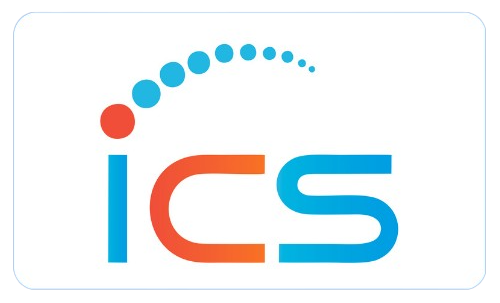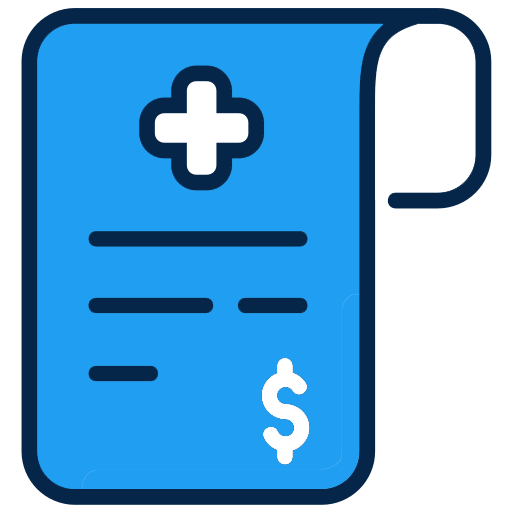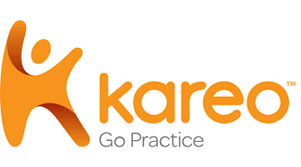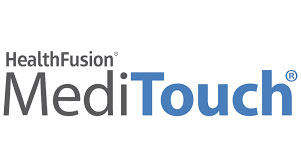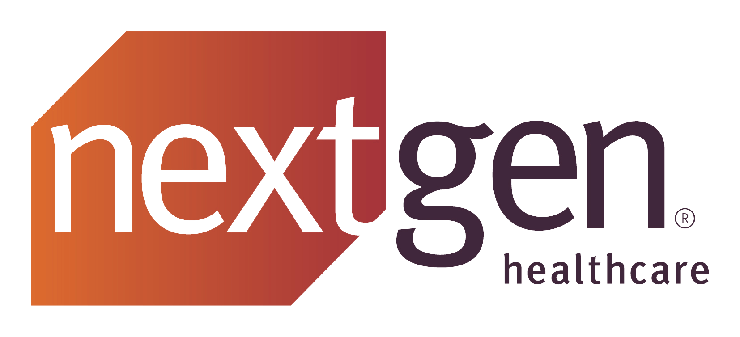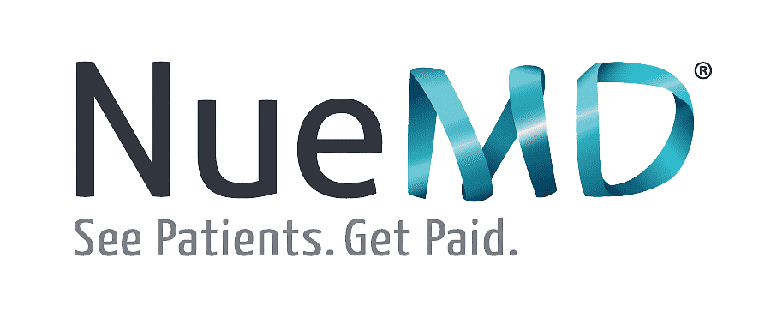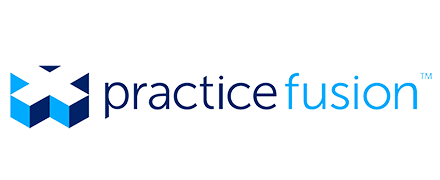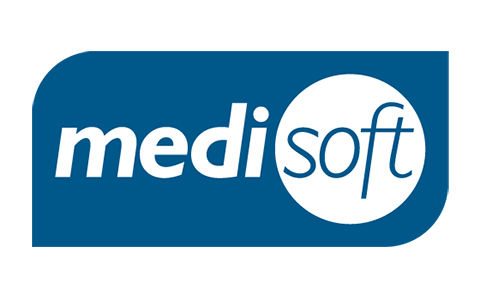Every physician has a demanding career where patient care is their utmost priority. This directs the doctor to get engrossed in their core work – caring for their patients. Often this converts the financial management for every physician to become their last priority. However, financial management should be as vital as taking care of the patient for any physician, as it will improve the overall outcome by making the business aspect of the practice healthier. Therefore, developing robust financial management will improve your patient satisfaction by improving your practice’s revenue.
A physician can undertake a few ways (especially with the help of technology) to improve financial management. Let’s discuss the top five tips for it:
Tip 1. Speed Up the Collection Process
Did you know? Technology can help your practice in several ways, making it more efficient. There are several HIPAA-compliant software in the market that can be used to improve your collection process. Instead of staying the legacy way, it’s time to upgrade and streamline your collection process with the help of revenue cycle management software.
Establishing a Practice Management System (PMS) is essential before implementing a new process. It will ensure that the new system will work effectively for everyone, including physicians, healthcare providers, and other admin staff. The PMS you select will define how your practice will be reaping the benefits of the electronic process and the software. Also, it is essential that the PMS you choose aligns with your practice and requirements and works with the EHR.
Tip 2. Improve Patient Collection
The other strategy that should be implemented to ensure better financial management for your practice is to improve your patient collection. Patient collection is a never-ending headache for most physicians. In fact, the collection becomes more challenging with more patients opting for higher deductible insurance plans.
It has been seen that physicians can collect only 60 percent of their dues from the 20 percent of the revenue that co-paying patients provide. Overcoming this revenue collection can be quite a hurdle when it starts to pile up; your practice will surely spiral down. You should either work with a collection agency or re-evaluate the collection strategies for better financial management. It would also require changing and updating your billing and coding practices.
Tip 3. Electronic Claim Submissions
Manual submission time is an old tradition; one must use the updated software to generate an electronic claim. Before submitting the claim, you should conduct a pre-audit to ensure it has no incorrect or missing information. In most cases, claim rejections and denials can be reduced with in-built checks of the latest software. It allows one to address potential issues before sending them to the health insurance company.
You should also check your electronic claim status to confirm the receipt of the claim in real-time. When an electronic submission is used, the insurance company must respond to the claim’s status in the next business day. Hence, instead of waiting weeks to know your status, immediate action can be taken to rectify any issues with your claim. This eventually ensures better financial management of your practice.
Tip 4. Verification of Insurance Eligibility
Start saving time and dollars with electronic eligibility verification before your patient visits. Although the patient’s eligibility can be verified via the web portal or phone, these methods fail to provide vital information and prove inefficient. When a patient’s eligibility verification is done electronically, all the necessary details can be gathered practically in no tie.
All staff who schedule the appointment must collect your patient’s insurance information and submit it online for electronic eligibility by entering your patient’s data. As per federal regulation, the health plan must respond within twenty seconds. Thus, it will give your practice enough time to make your patient aware of their financial responsibility when they visit your practice.
Tip 5. Outsourcing The Medical Billing Practice
Though you have an entire team of nurses, assistants, and other staff, you need to operate with top skill sets (irrespective of the size of your practice) to handle your patients, their requests, insurance claims, billing, and coding on an urgent and regular basis. Staying on top of all these can be challenging.
The best way to stay ahead with the financial management in such a case is to outsource your medical billing and coding. The experts of the outsourced company will take care of your revenue management cycle. At the same time, you and your nurses, assistants, and staff can look after the patient and improve your services.
Where To Find the Financial Management Partner?
Now that you have a good idea of the five tips on how you can improve the financial management of your practice, the question remains who can help? ICS is a medical billing and coding company with a team of experts who can help you to build a sustainable financial management plan for your medical practice. They use the latest HIPAA-compliant software to help establish a beneficial revenue cycle management while ensuring every claim is passed without any hitches. They also provide reduced A/R time to enjoy uninterrupted revenue flows.
